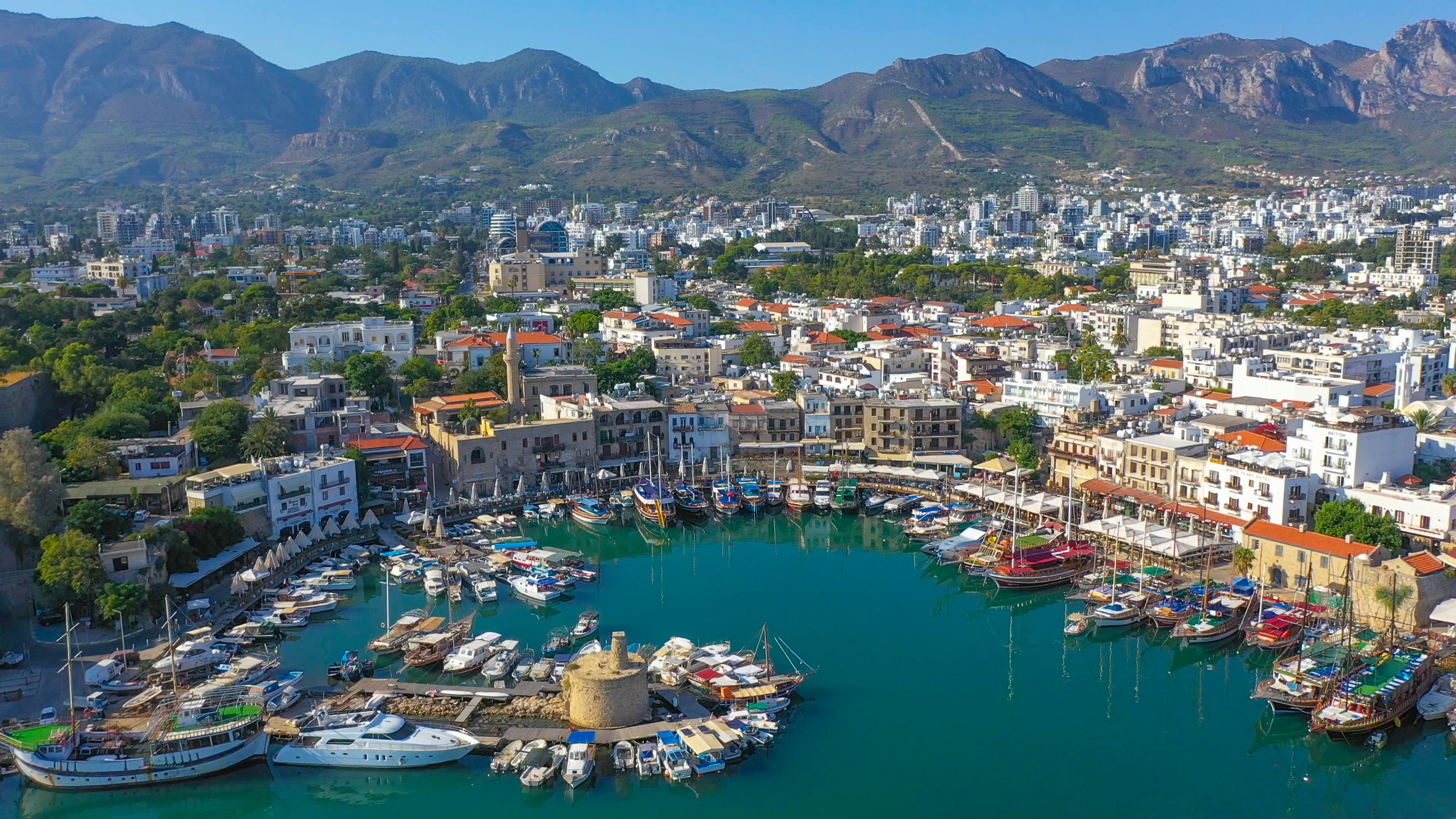Vijf manieren om een tweede staatsburgerschap te krijgen
Explore the various pathways to obtaining second citizenship, including naturalization, descent, investment, and marriage. Find out what you need for a Dual Nationality.
Acquiring a second citizenship is now a viable option for those who are able to have a better quality of life, better job opportunities, and the ability to travel all over the world.
Given that the number of countries using citizenship by investment is constantly increasing, the opportunity to acquire a second passport is available to many; this is one of the most important decisions that can influence personal and financial development.
Each country has its own application process, costs, and benefits which may include, but are not limited to tax exemption, improved freedom to travel.
Researching in advance enables the applicants to choose citizenship in accordance with their vision of the future, whether the need for a stable life for their families, opportunities for business development, or better living conditions.

What is Second Citizenship or Residence?
Second citizenship, also known as dual citizenship, gives a person legal status in two countries at the same time, allowing them to possess two national passports and enjoy the privileges of both.
This can be achieved through citizenship by descent, marriage, naturalization, or investment.
A second residence permit allows someone to legally live in another country without necessarily gaining citizenship. Residency typically comes with a renewable visa and may lead to citizenship after a few years, depending on the country’s laws.
Advantages of Second Citizenship
Enhanced Global Mobility
Travel becomes easier, with visa-free or visa-on-arrival access to numerous countries for both personal and business purposes.
Opportunities for Tax Optimisation
Many citizenship/residency programs offer favorable tax conditions on income, capital gains, and inheritance, helping individuals preserve and grow wealth.
More Safety and Stability
A second passport offers a safeguard in times of political or economic instability, and may provide access to high-quality healthcare.
Access to Improved Lifestyle and Education
Second citizenship grants access to better schools, healthcare, and a higher standard of living, benefiting families and future generations.
Business and Investment Opportunities
Dual citizenship can open doors to new markets, property ownership, and easier business expansion in different regions.
Naturalization
Naturalization allows individuals to become citizens after legally residing in a country for a specific period—typically 3–10 years.
Key Requirements:
- Residency duration
- Language proficiency
- Cultural knowledge
- Clean legal record
Example:
- Canada requires 3 years of residence and passing a citizenship test.
- Australia requires 4 years of residence and a similar test.
Citizenship by Descent
This route allows individuals to acquire citizenship through parents or grandparents who are citizens of another country.
Key Benefits:
- Fewer residency requirements
- Often faster processing
Example:
- Ireland offers citizenship to those with an Irish grandparent.
- Italy provides lineage-based citizenship with no generational limit if citizenship was not renounced.

Citizenship by Investment
A fast-track method where high-net-worth individuals gain citizenship through economic contributions.
Common Investment Options:
- Real estate purchases
- Government bonds
- Contributions to development funds
Examples:
- Portugal: €500,000 real estate investment through Golden Visa
- St. Kitts and Nevis: $250,000 contribution to Sustainable Island State Contribution (SISC)
Citizenship by Exception
This is granted to individuals with extraordinary value to a nation—such as top athletes, artists, or inventors.
Examples:
- UAE: Allows government-nominated professionals to receive citizenship.
- Other countries like France, Brazil, and Qatar offer similar pathways for exceptional talents.
Citizenship by Marriage
This allows individuals to gain citizenship by marrying a citizen of another country, often with a shortened residency requirement.
Examples:
- France: Citizenship after 4 years of marriage
- Australia: Offers citizenship to spouses after 2 years of marriage and fulfilling residency conditions
How to Choose the Best Option for You
Define Your Priorities
Decide whether you value travel freedom, tax benefits, education, or long-term security the most.
Research Each Pathway
- Naturalization: Takes time but is low-cost
- Investment: Fast but capital-intensive
Consider Legal Responsibilities
Understand the tax implications and renewal/residency conditions for each country.
Zoek deskundige begeleiding
Een immigratieadviseur kan uw doelen afstemmen op het meest geschikte land en programma.
Veelgestelde vragen
Wat is de snelste manier om een tweede nationaliteit te krijgen?
Burgerschap door investeringen is de snelste route. Landen zoals St. Kitts en Nevis of Malta kunnen het binnen enkele maanden aanbieden.
Kan ik mijn oorspronkelijke nationaliteit behouden?
Ja, als uw thuisland een dubbele nationaliteit toestaat. Controleer de wetten van uw land om juridische conflicten te vermijden.
Wat is het verschil tussen wonen door te investeren en burgerschap door te investeren?
Verblijf geeft het recht om in een land te wonen en te werken. Staatsburgerschap omvat een paspoort en volledige rechten zoals stemmen en reizen.
Welke documenten zijn nodig voor staatsburgerschap naar afkomst?
Meestal heb je geboorte- en huwelijksakten nodig die je afkomst bewijzen. Sommige landen hebben ook beëdigde verklaringen of afstammingsbewijzen nodig.
Is een op het huwelijk gebaseerd staatsburgerschap een verblijfsvergunning vereist?
Ja, in de meeste landen gelden minimale verblijfsvoorwaarden. Frankrijk vereist bijvoorbeeld een huwelijk van 4 jaar en een bewijs van integratie.




.jpg)




.png)


.png)


.png)